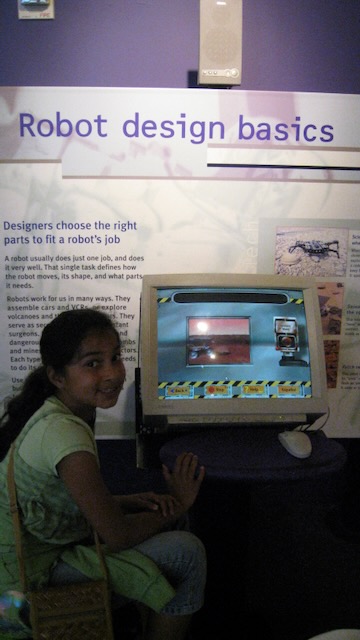From a coding perspective, AI assistants are incredibly valuable. They generate code, save keystrokes, and are always available to answer questions without getting tired or impatient. These tools are widely accessible, offered for free on various platforms, and can even be downloaded with some limitations.
The code they generate is often about 80% accurate, with the remaining 20% typically requiring minor adjustments. Rarely do I need to spend significant time debugging the output. However, since these assistants lack personality and never tire, they can become monotonous to interact with. While they are free, their usefulness is contingent on asking the right questions, which means the onus is still on me to guide the process.
AI represents a significant innovation in increasing worker productivity. However, I don’t believe it will completely replace human labor. One consequence of its text-generating capabilities is the potential for bureaucratic overload. With everyone able to express themselves clearly and efficiently, discussions might become more nuanced but also longer and sometimes wasteful.
A major downside is that AI, like technologies such as TikTok, could shift us from being active explorers of information to passive consumers. If we rely too heavily on these tools, we may become more entrenched in our own realities, missing out on the broader exploration of knowledge.
On the positive side, companies can leverage AI assistants to encourage beneficial actions. By utilizing our data, AI can create detailed plans to help us improve our skills in specific areas, potentially becoming expert educators with endless patience.
As people age, they become reservoirs of skills and knowledge. AI assistants can accumulate similar knowledge without aging, which may devalue human experience. As companies develop private reservoirs of information, AI assistants might displace a significant portion of our aging workforce in information management roles. This could lead to a future where experience is undervalued, and the human touch in decision-making is diminished.
